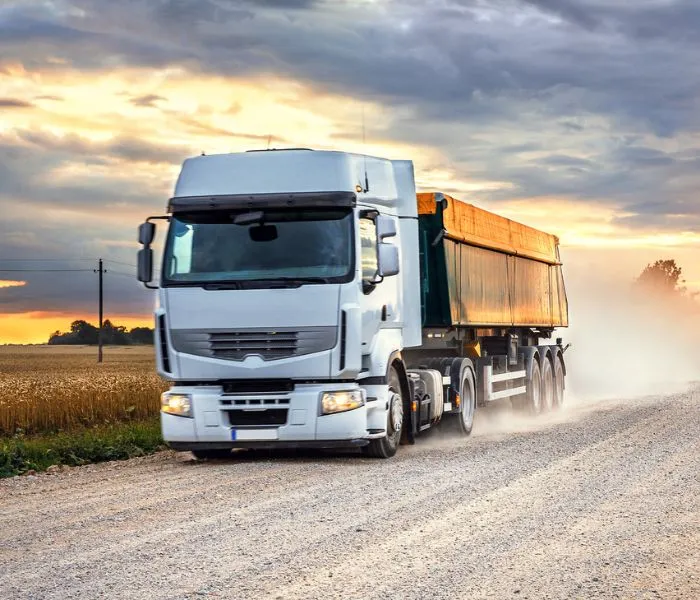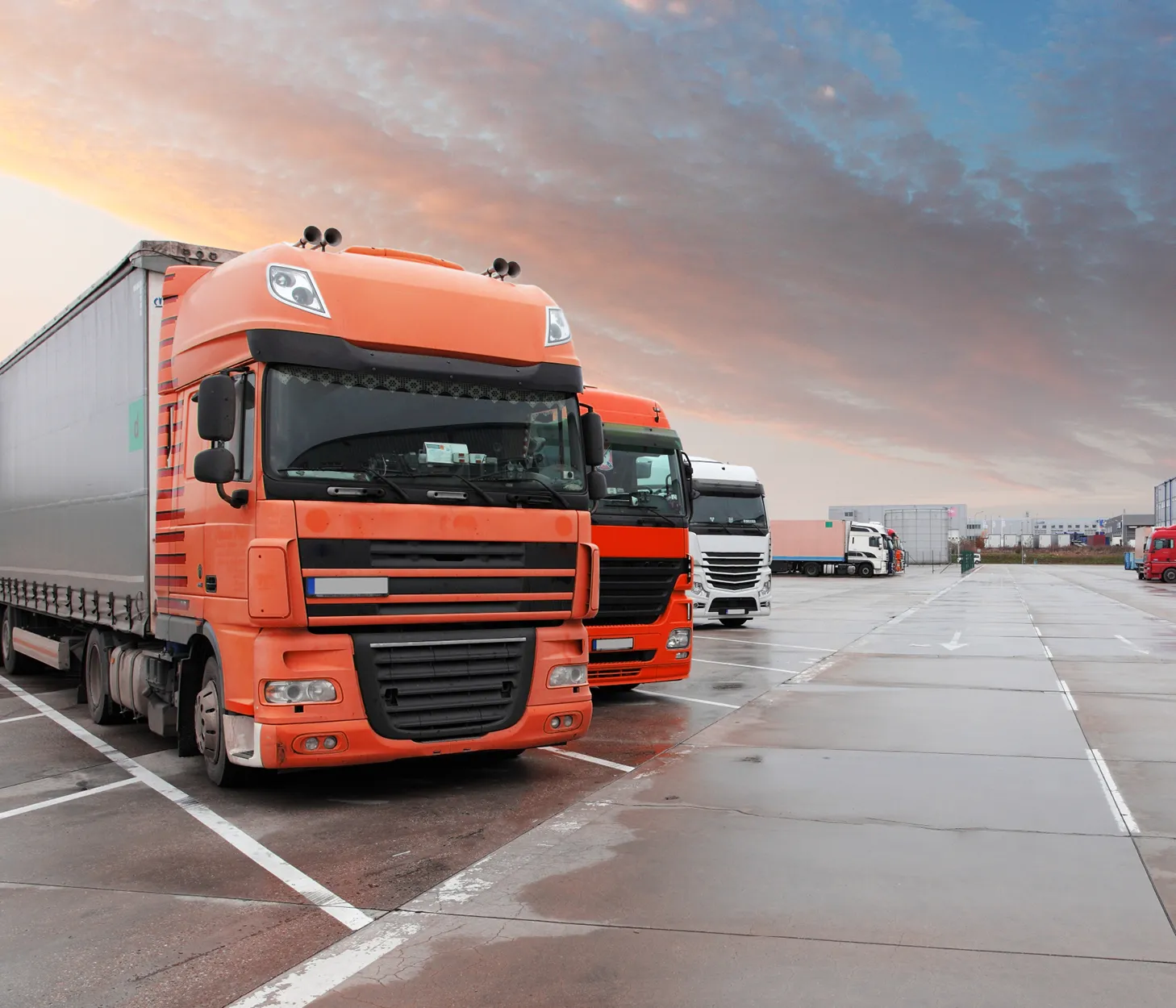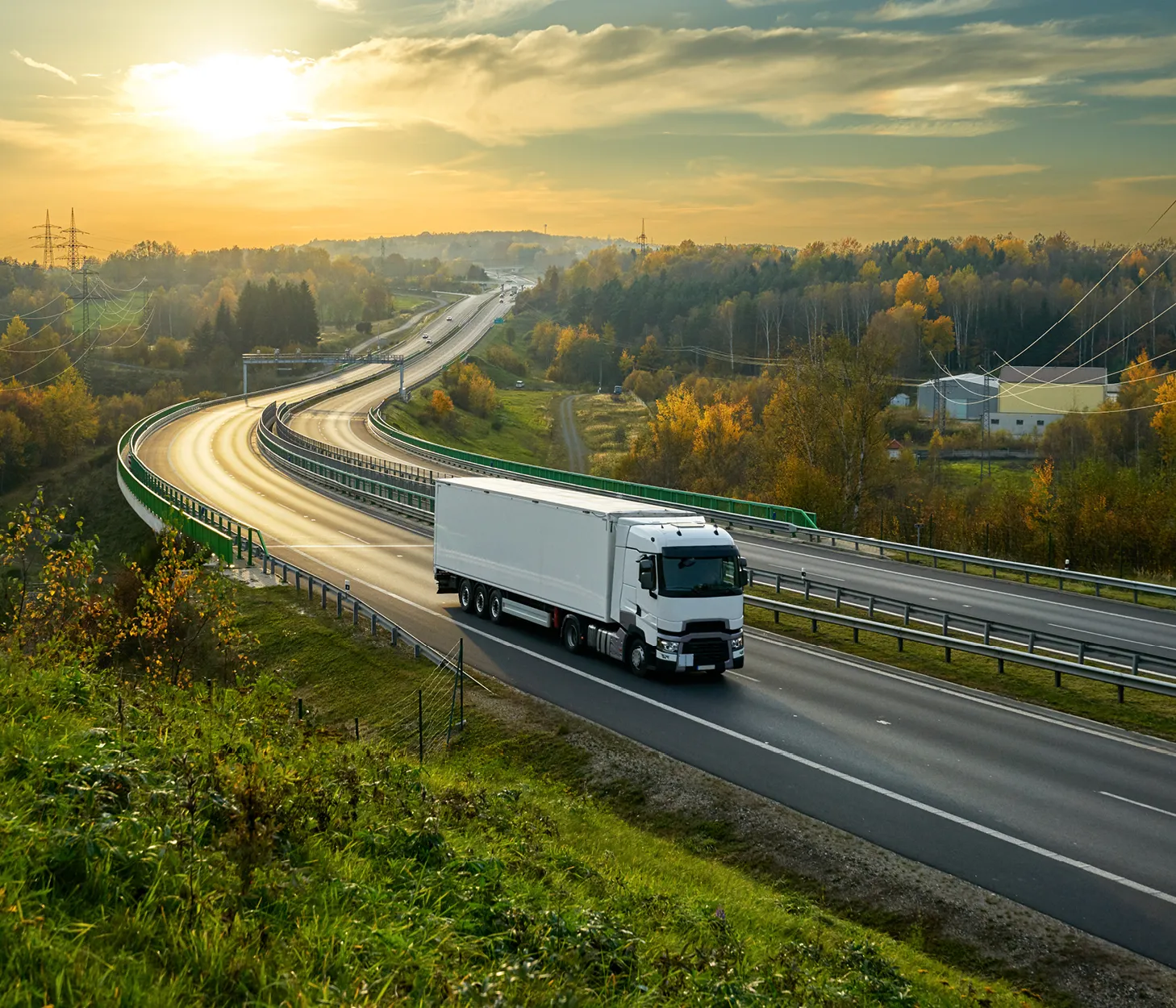- IndustriesIndustries
Our dedicated team offer tailor-made insurance for businesses operating in the Haulage and Transport industry. Trust Wright Insurance Brokers for reliable cover.
- Haulage InsuranceHaulage Insurance
Keep your business moving with haulage insurance from Wright Insurance Brokers. For insurance solutions that meet your bespoke needs and budget.
- Courier InsuranceCourier Insurance
At Wright Insurance Brokers we offer competitive, comprehensive courier insurance solutions for your unique requirements. Find the best insurance cover for your needs.
- Oil Distributors InsuranceOil Distributors Insurance
With access to the sector’s leading providers, Wright Insurance Brokers offer comprehensive oil distributors insurance solutions under one policy for full coverage.
- Cargo InsuranceCargo Insurance
At Wright Insurance Brokers we provide cargo insurance solutions to ensure you have the right protection with cover for transport by rail, road, sea and air.
- Freight Forwarding InsuranceFreight Forwarding Insurance
Get bespoke freight forwarding insurance solutions with a clear insight into the best cover options for your specific business and its unique requirements.
- Warehousing InsuranceWarehousing Insurance
At Wright Insurance Brokers we offer competitive, comprehensive warehousing insurance cover for ancillary equipment including shelving, containers and forklifts.
- Waste Disposal InsuranceWaste Disposal Insurance
Ensure your recycling and waste management facilities business is protected with waste disposal insurance with Wright Insurance Brokers.
- Haulage InsuranceHaulage Insurance
- Our CoverOur Cover
Wright Insurance Brokers have a long-standing association with the Haulage and Transport industry. See what insurance cover we offer and how we protect businesses.
- Fleet InsuranceFleet Insurance
We are passionate about offering comprehensive fleet insurance solutions to our clients and are proactive in finding insurance solutions that suit your business.
- Light Commercial Vehicle InsuranceLight Commercial Vehicle Insurance
At Wright Insurance Brokers, we understand how important your vehicle is, which is why we offer light commercial vehicle insurance solutions, bespoke to you.
- Single HGV InsuranceSingle HGV Insurance
With other 35 years of experience Wright Insurance Brokers offer single HVG insurance cover with a wide range of policies to choose from.
- Trailer InsuranceTrailer Insurance
Wright Insurance Brokers can tailor comprehensive insurance solutions for your trailer insurance needs. Protect your business against accidental damage, theft and fire.
- Carriers Liability InsuranceCarriers Liability Insurance
Carriers Liability insurance covers the liability of the carrier for loss, damage and delay of customers goods which are being transported under a contract of carriage.
- Hazardous Goods InsuranceHazardous Goods Insurance
At Wright Insurance Brokers we offer hazardous goods insurance cover for a wide range of waste occupations. From skip hire to recycling centres, protect your business.
- Public and Employer’s Liability InsurancePublic and Employer’s Liability Insurance
At Wright Insurance Brokers, we offer a combined liability policy for Public and Employer’s Liability insurance. Specifically designed for haulage contractors.
- Courier Public Liability InsuranceCourier Public Liability Insurance
Courier Public Liability insurance provides indemnity for personal injuries and/or damage to property resulting from an accident due to your negligence.
- Legal Expenses CoverLegal Expenses Cover
Legal expenses cover protects you against costs of defending or pursuing civil actions, such as contract and employment disputes, tax investigations and litigation.
- Cyber InsuranceCyber Insurance
Cyber insurance is important, even within the haulage and transport industries. Get a comprehensive insurance policy to protect your business.
- Personal Accident InsurancePersonal Accident Insurance
Personal accident insurance is recommended for all organisations. At Wright Insurance Brokers, we offer individual policies along with group accident insurance policies.
- Property InsuranceProperty Insurance
At Wright Insurance Brokers, we offer property insurance cover, as bespoke as your business. Let us find you a suitable and effective plan for your business needs.
- Fleet InsuranceFleet Insurance
- Who We AreWho We Are
Wright Insurance Brokers is a business insurance broker with a long-standing association with the Haulage and Transport industry.
- Our TeamOur Team
Meet our experienced team of insurance brokers and get in touch to see how we could offer your business bespoke and comprehensive insurance solutions.
- What Our Clients SayWhat Our Clients Say
See what our clients have to say about Wright Insurance Brokers performance in our latest survey on client satisfaction and loyalty.
- Our TeamOur Team
- News and ViewsNews and Views
Keep up to date with the latest news from Wright Insurance Brokers and discover how to find the perfect insurance solution for your haulage or transport business.
- Contact UsContact Us
Contact us via telephone or enquiry form, where the team will get back to you asap. If you need to make a claim, we are here to guide you through the process.


